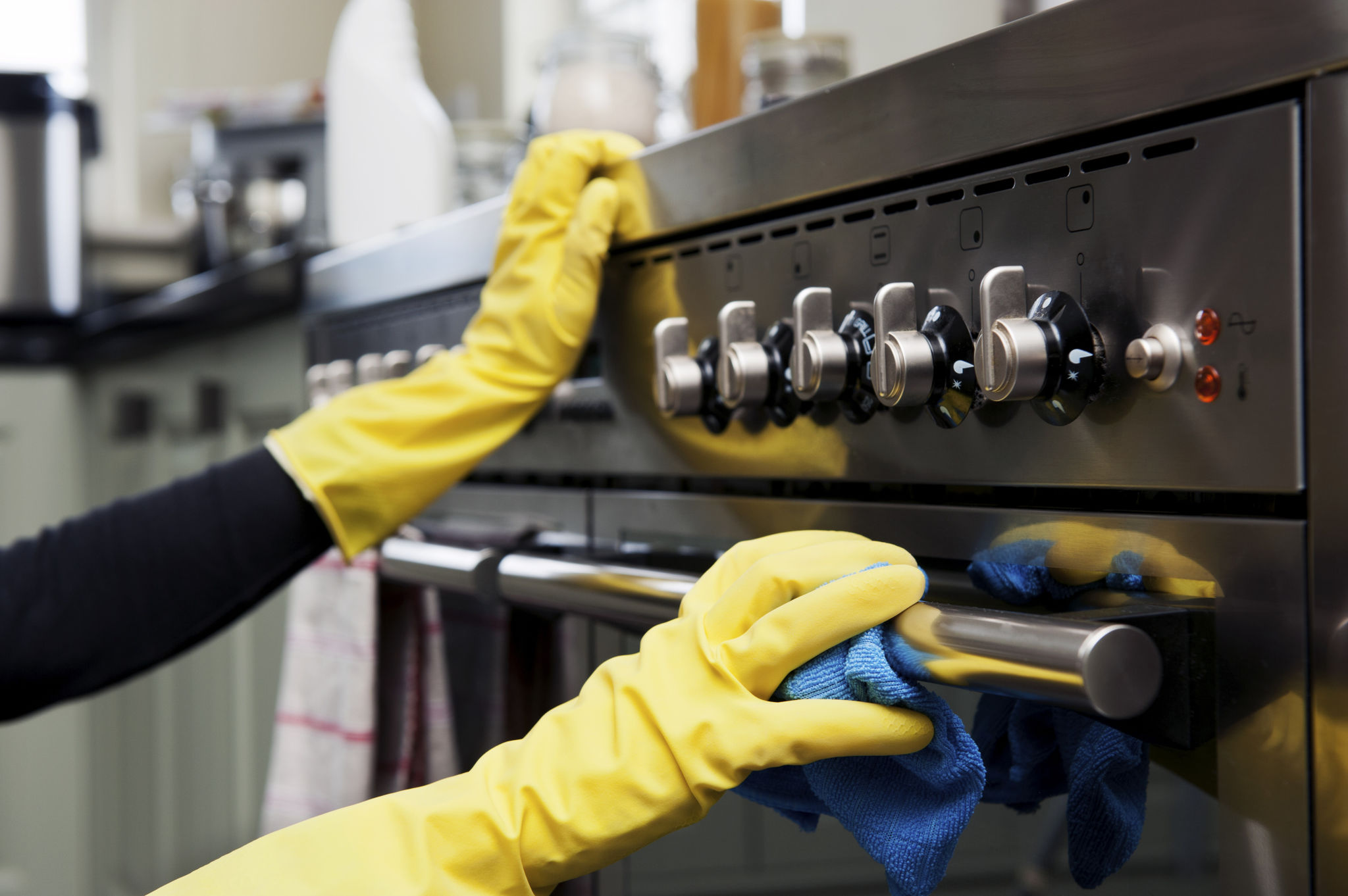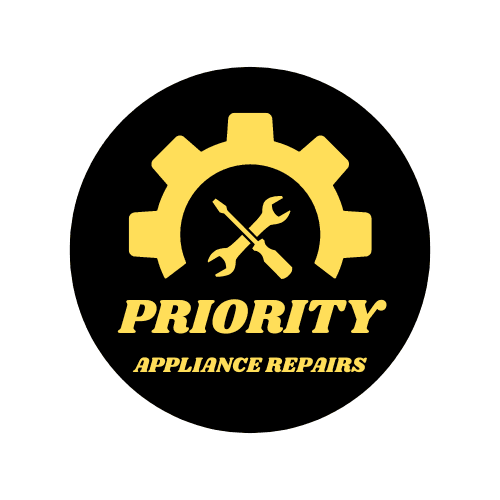DIY Tips for Simple Appliance Maintenance and Repairs
Understanding Appliance Basics
Maintaining and repairing your home appliances can seem daunting, but with a little knowledge and guidance, you can tackle many issues on your own. Understanding the basics of how your appliances work is the first step. Most appliances have similar components like motors, fans, and thermostats, which makes troubleshooting easier once you get the hang of it.
Before you begin, ensure you have the right tools on hand. Basic tools such as screwdrivers, pliers, and a multimeter for electrical testing are essential for DIY repairs. Additionally, always remember to unplug any appliance before attempting repairs to avoid any risk of electrical shock.

Routine Cleaning and Maintenance
One of the simplest ways to keep your appliances running smoothly is through regular cleaning and maintenance. Dust and debris can accumulate in vents and filters, reducing efficiency and causing parts to wear out faster. For instance, cleaning your refrigerator coils every six months can significantly improve energy efficiency.
Similarly, regularly emptying and cleaning your dryer’s lint trap can prevent fires and increase the lifespan of the appliance. A little routine upkeep goes a long way in preventing major repairs down the line.

Troubleshooting Common Issues
Many common appliance problems have simple solutions. If your washing machine is not draining, check the filter for blockages. If your dishwasher is leaving spots on dishes, it might be due to hard water build-up; a simple rinse with vinegar could solve the problem.
Another frequent issue is a refrigerator that isn’t cooling properly. Often, this can be fixed by checking if the thermostat is set correctly or if there is adequate airflow around the unit. Ensuring these basic checks are done can save you a costly service call.

When to Call in the Professionals
While many repairs can be done at home, some issues are best left to professionals. If an appliance repair requires specialized tools or involves complex electrical work, it’s safer and often more cost-effective to hire a technician. Attempting repairs beyond your skill level can result in further damage or void warranties.
Always assess the complexity of the repair before proceeding. If you're unsure about any aspect of a repair, consulting a professional is always a wise choice.

Conclusion: Empower Yourself with Knowledge
Learning how to maintain and perform minor repairs on your home appliances not only saves money but also extends their lifespan. By understanding appliance basics, performing routine maintenance, and knowing when to call in professionals, you can keep your household running smoothly.
Arming yourself with this knowledge empowers you to tackle small issues confidently and ensures that you’re prepared for any appliance hiccup that comes your way.
